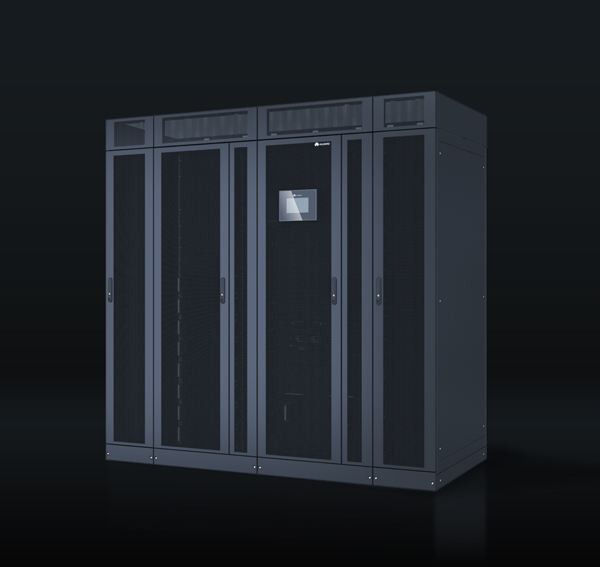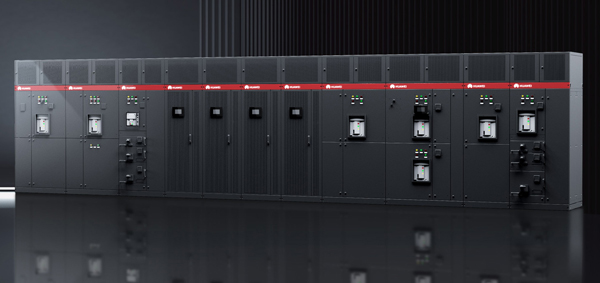Discover Uninterrupted Power Supply Benefits Today
Uninterrupted Power Supply Benefits & Why You Need It
Imagine working on an important project when suddenly the power cuts out — your screen goes black, unsaved work vanishes, and frustration sets in. Power disruptions are unpredictable and can strike at the worst moments. This is where understanding UPS benefits becomes essential. A UPS does not just keep the lights on; it provides peace of mind, ensuring stability in an uncertain power landscape. In this article, we explore why having a UPS is a game-changer for both homes and businesses.

Why Do You Need a UPS?
A UPS is a device that provides temporary backup power during an outage. It also protects against power fluctuations, voltage spikes, and other electrical issues that could damage sensitive equipment.
When the main power source fails, a UPS immediately takes over and provides power for a few minutes to a few hours, depending on the model. This allows you to:
Save important work and prevent data loss
Properly shut down computers and servers
Keep security systems running
Avoid equipment damage from sudden shutdowns
For businesses, a UPS ensures smooth operations and prevents financial losses caused by downtime. It acts as a bridge between power disruptions and continuity, keeping essential systems running until normal power is restored.
Top Benefits of Using a UPS
A UPS is more than just a backup battery — it offers multiple advantages that enhance safety, security, and cost savings.
1. Prevent Data Loss and Hardware Damage
One of the key benefits of a UPS is data protection. A sudden power cut can corrupt files, interrupt transactions, or cause system crashes. This is especially risky for businesses that rely on computers, servers, and cloud storage.
A UPS ensures that your devices stay powered long enough to save work and shut down properly. This prevents data corruption and system errors.
In addition to data protection, a UPS also safeguards your equipment. Power fluctuations and voltage spikes can damage hardware components, shortening their lifespan. A UPS stabilizes power delivery, reducing the risk of costly repairs or replacements.
2. Ensure Business Continuity
Many businesses rely on uninterrupted power for their daily operations. Retail stores, banks, hospitals, and data centers all require stable electricity to function efficiently.
A power outage without a UPS can lead to:
Lost sales and transactions
Disrupted communication systems
Reduced productivity
Customer dissatisfaction
By installing a UPS, businesses can continue operating without interruptions, even during power failures. This is particularly important for industries that require 24/7 operations, such as healthcare and finance.
3. Enhance Safety and Security
Many security systems, such as CCTV cameras, biometric access controls, and alarms, rely on electricity. A power failure can leave homes and businesses vulnerable to theft and security breaches.
A UPS keeps security systems running even during an outage, ensuring continuous surveillance and protection. This is especially crucial for businesses that store valuable assets, confidential data, or operate in high-risk areas.
For hospitals and emergency services, a UPS ensures that life-saving equipment, such as ventilators and monitors, remain operational during power disruptions.
4. Cost Savings and Energy Efficiency
Unexpected power failures can lead to financial losses, especially for businesses that rely on electronic transactions and automated systems. Equipment damage caused by power surges can also result in high repair costs.
A UPS helps reduce these risks, saving money in the long run. Additionally, modern UPS systems are designed to be energy-efficient. For example, Huawei uses Smart Power Supply technology, which optimizes energy consumption and reduces electricity waste.
By investing in a UPS, businesses and homeowners can protect their equipment, lower maintenance costs, and improve overall efficiency.
5. Protection Against Power Surges and Spikes
Voltage spikes and power surges can occur due to:
Lightning strikes
Faulty wiring
Power grid instability
These electrical fluctuations can severely damage computers, servers, and other sensitive devices. A UPS acts as a voltage regulator, ensuring that connected devices receive a steady and clean power supply.
By stabilizing voltage levels, a UPS prevents sudden surges from damaging electronic equipment, extending their lifespan and reliability.

How to Choose the Right UPS for Your Needs
Now that you understand the benefits of a UPS, it's time to find the right one for your requirements. The right choice depends on several factors, including power capacity, battery type, and features.
1. Identify Your Power Requirements
To choose the right UPS, calculate the total wattage of the devices you need to protect. Your UPS should have a power capacity of at least 20-25% higher than your total power requirement.
For example, if your total power load is 800 W, choose a UPS with at least 1000 W capacity to ensure safe operation.
2. Select the Right Type of the UPS
Different types of UPS systems are available, each suited for specific applications:
Offline (standby) UPS – Best for home use and small offices. It provides basic protection and is cost-effective.
Line-interactive UPS – Suitable for small businesses, offering better voltage regulation than a standby UPS.
Online (double-conversion) UPS – Ideal for large businesses and data centers. It provides the highest level of power protection and reliability.
For critical operations, an online UPS is the best choice, as it delivers uninterrupted and clean power without delay.
3. Consider the UPS Form Factor
UPS systems come in two main designs:
Tower UPS – A freestanding unit, often placed on the floor or a shelf. Ideal for personal computers and small office setups.
Rack-mount UPS – Designed for IT environments, such as data centers and server rooms. These units fit into server racks and ensure maximum uptime.
A rack-mount UPS is preferred for businesses that require high availability and redundancy.
4. Check Battery Life and Recharge Time
UPS battery lifespan varies based on type:
Lead-acid batteries – Last 3-5 years and take longer to recharge.
Lithium-ion batteries – Last longer (up to 10 years) and recharge faster.
If quick recovery time is a priority, opt for a lithium-ion UPS, which recharges in just a few hours.
5. Evaluate Remote Monitoring Capabilities
Some modern UPS models come with remote monitoring and management features. These allow users to check battery status, receive alerts, and control settings remotely via an app or web interface.
For businesses, remote monitoring reduces maintenance costs and ensures quick responses to potential power issues.
6. Consider Additional Features
Auto restart function – Automatically turns the UPS back on after a power failure.
Energy efficiency – Some UPS models consume less power, reducing electricity costs.
Sine wave output – Pure sine wave UPS systems are best for sensitive electronics like medical equipment.
Conclusion
Investing in a UPS is essential for both homes and businesses in Malaysia. UPS benefits include data protection, business continuity, security, and cost savings. Choosing the right UPS depends on your power needs, battery lifespan, and features like remote monitoring and energy efficiency.
With the right UPS in place, you can prevent data loss, protect your equipment, and ensure uninterrupted operations, even during power disruptions.
FAQs
What are the advantages of using a UPS system?
A UPS provides backup power during outages, preventing data loss and hardware damage. It also protects devices from power surges, ensuring longer lifespan and reliability. For businesses, it minimizes downtime, keeping operations smooth. Additionally, a UPS enhances safety by maintaining power for security systems, medical equipment, and essential electronics during blackouts.
What is a UPS good for?
A UPS is good for protecting computers, servers, and electronic devices from power interruptions. It ensures smooth operation during outages, prevents sudden shutdowns, and guards against voltage fluctuations. Businesses use UPS systems to maintain workflow, while homeowners rely on them to keep essential devices like modems, security systems, and entertainment units running safely.
Do I really need a UPS?
If you use sensitive electronics or rely on continuous power, a UPS is essential. It prevents data loss, hardware damage, and downtime during power cuts. For businesses, it ensures productivity, while at home, it keeps security systems and Wi-Fi running. If sudden outages could disrupt your work or damage devices, a UPS is a smart investment.
Is it OK to use a PC without a UPS?
Yes, but it's risky. A sudden power cut can cause data loss, system corruption, or even hardware damage. A UPS provides backup power, giving you time to save work and shut down safely. If you value your PC's longevity and data security, using a UPS is a simple yet effective way to protect it.



 Search
Search
 EN
EN









